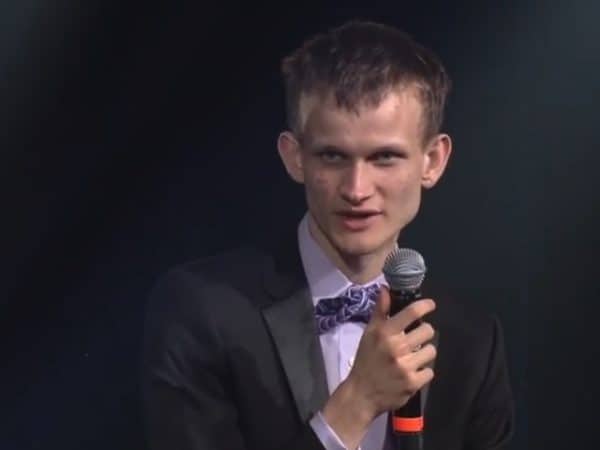Ethereum founder Vitalek Buterin says he just improved Initial Coin Offerings

 Vitalek Buterin, creator of blockchain-based platform Ethereum, has introduced a new approach to funding cryptocurrencies which is said to be an improvement over the ICO or initial coin offering.
Vitalek Buterin, creator of blockchain-based platform Ethereum, has introduced a new approach to funding cryptocurrencies which is said to be an improvement over the ICO or initial coin offering.
Dubbed the DAICO, Buterin says the new model will be both safer and less complex than ICOs, which in 2017 collected billions of investment dollars for fintech startups worldwide.
The cryptocurrency frenzy that continues to grip the investment world not only bears witness to the meteoric rise in value of digital currencies like bitcoin, ether and XRP but it also features the instant success stories known as ICOs.
Netting millions for companies and developers, ICO fundraisers are not without their risks. Most glaringly, unlike the familiar initial public offering (IPO), which sees a company meet a number of regulatory requirements —including the release of financial statements and business prospectuses— before a price per share is determined, investors don’t gain a share in the company through an ICO but instead are given an amount of digital currency which may or may not increase in value depending on the company’s fortunes.
Not only tremendously risky, ICOs and their potential millions have had a dulling effect on the cryptocurrency and blockchain culture, says Buterin, the Russian-Canadian who is a well-known leader within the crypto-community.
“Giving a startup too much money from start discourages from delivering the actual product. DAICO is a great proposal to solve this problem!” says Buterin in a post on the Ethereum Research Forum.
The DAICO works as a combination of the ICO with the DAO, short for decentralized autonomous organization, a form of “smart contract” whose rules and dictates have built-in verification established and maintained by the decentralized ledger of a blockchain. Buterin says that DAOs can add the needed degree of accountability to the fundraising process established through the ICO, including the right for token holders to vote on matters related to the company such as controlling the amount of money the company’s developers take out of the fundraising pile.
“The intention is that the voters start off by giving the development team a reasonable and not-too-high monthly budget, and raise it over time as the team demonstrates its ability to competently execute with its existing budget,” writes Buterin. “If the voters are very unhappy with the development team’s progress, they can always vote to shut the DAICO down entirely and get their money back.”
Whether the new financing model will find supporters remains to be seen, even as more ICOs are predicted for 2018. Worldwide, securities regulators have been trying to grapple with the phenomenon. After a period of wavering, the Ontario Securities Commission (OSC) decided to come out in favour of ICOs last fall, approving its first Initial Token Offering along with an order of conditions to be met by companies applying for ITOs. Those requirements include that the token may not be listed or traded on any exchanges or organized markets without the OSC’s approval and that companies must complete reporting requirements under Ontario’s securities laws.

